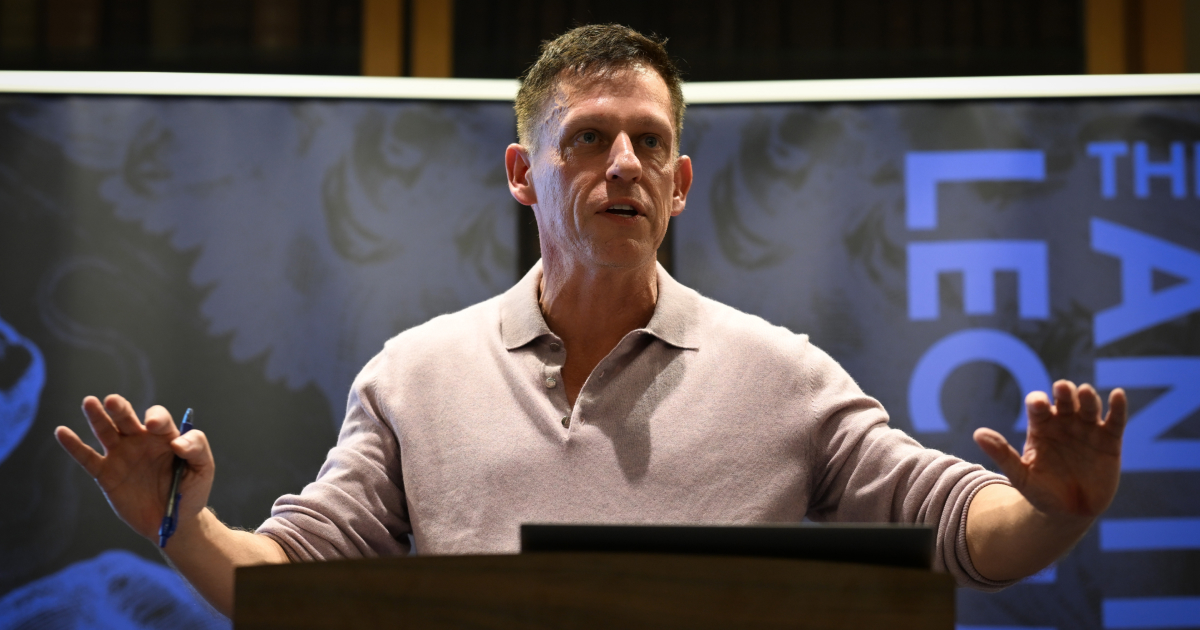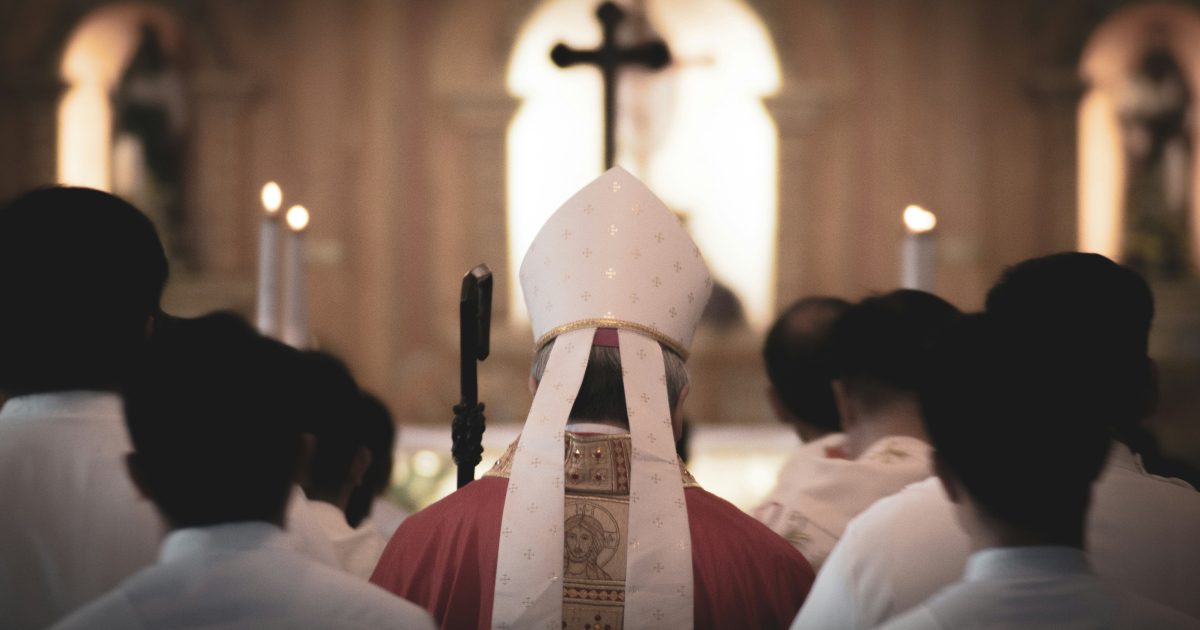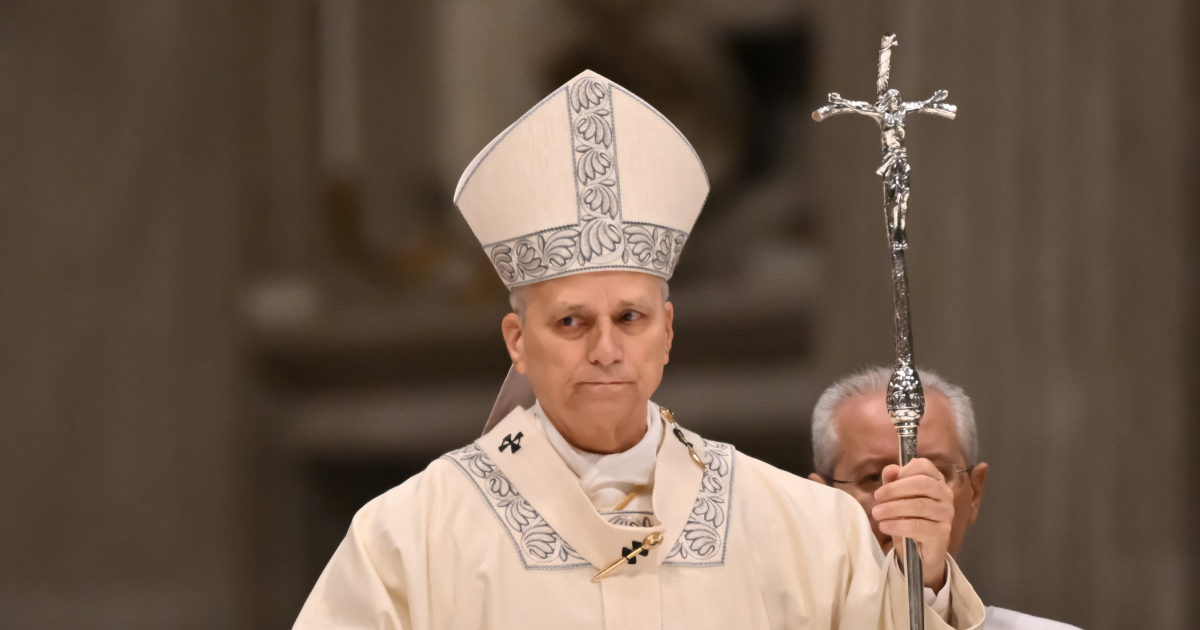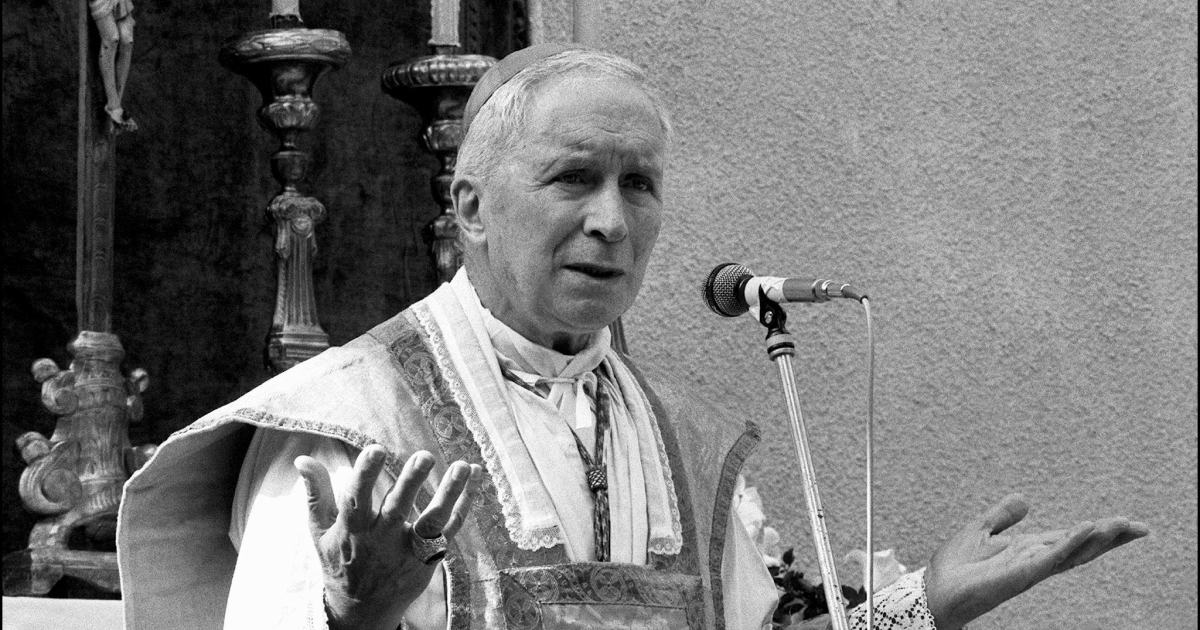The murder of Charlie Kirk has sparked a vast amount of political comment over the last 12 days. A murder committed by what President Trump has called the “radical left”, and celebrated by the heinous words of the punk duo Bob Vylan, the political divide has been particularly apparent.
In the aftermath of his death, many have pointed to his immense contribution to the conservative cause: his necessary role in the success of MAGA, and his ability to speak to a generation tired of the decadence embraced by the one before them. Some have also eulogised Kirk’s Christian witness and what Chris Tomlin described as his “bold and unashamed” faith.
His memorial service at State Farm Stadium, Arizona, was attended by 200,000 people and was full by 8 a.m., three hours before the service began. The planned overflow seating could have been filled a further five times before a single seat was left empty. It was an event of biblical proportions.
At the event, Trump described Kirk as a “martyr for American freedom”, and J.D. Vance, a personal friend of the activist, said: “For Charlie, we will never shrink. We will never cower. And we will never falter.” Defence Secretary Pete Hegseth called him “a warrior for Christ”, whilst Tulsi Gabbard, the Director of National Intelligence, said: “His words were his weapons. He slayed ignorance and cut through lies.”
However, since his death, few have spoken of forgiveness. Few have spoken of forgiveness because it is not theirs to give. Our life is ours — and God’s — so to forgive someone for taking another’s life might be well-meaning, but is also presumptuous. But a man’s life can belong to someone else. In 1 Corinthians 7:4, St Paul writes that “the husband does not have authority over his own body, but the wife does.” Mrs Erika Kirk is perhaps the only one on this side of eternity who has the right to forgive Charlie Kirk’s killer — a power she chose to exercise unreservedly.
Erika’s emotional tribute to her husband was teeming with Christian teaching from beginning to end. Quoting Charlie’s favourite Bible verse, Isaiah 6:8 — “Here am I; send me!” — Erika reflected on how his life was the will of God in action. She noted that Charlie’s death would have been, mercifully, painless; and that for him, he would have only known doing what he loved — speaking before college students — and then being with his Maker, whom he was ready to meet.
But it was her comment on forgiveness that will be remembered. Erika noted that her husband “wanted to save young men just like the one who took his life.” Then, looking to heaven, she said: “That man — that young man — I forgive him.”
In forgiving her husband’s murderer, Erika opened the door to what the debate around his life has needed most. The political temperature has understandably run high and, while thankfully his supporters have responded with prayer rather than riots, it needs to be lowered. His widow’s forgiveness will, God willing, provide the cooling balm.





.png)











